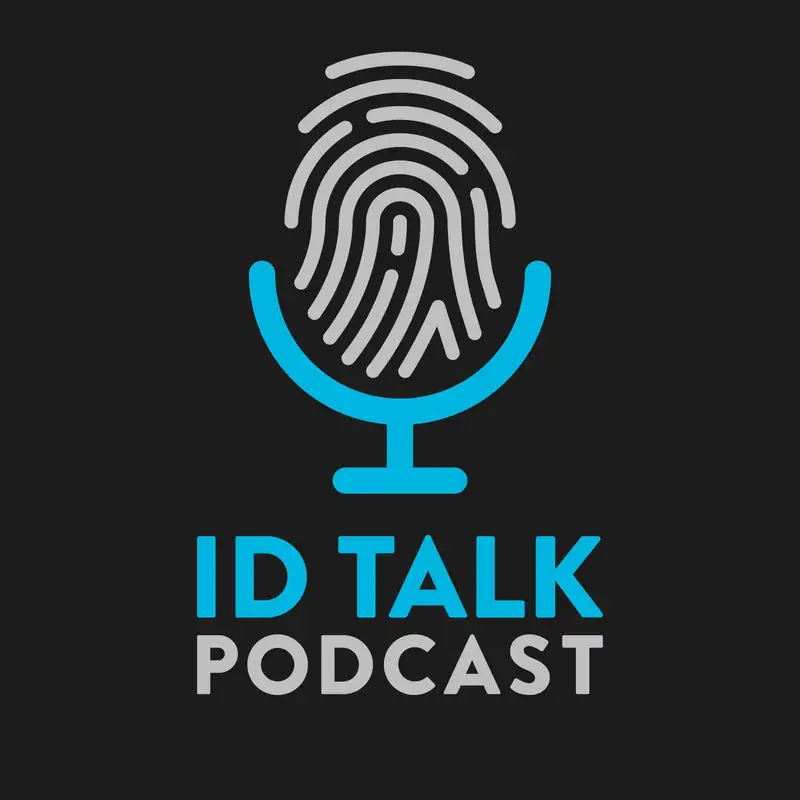
How Do UR Codes Actually Work? A Deep Dive with FaceTec's Jay Meier
On this week's episode of the ID Talk podcast, FaceTec's Jay Meier returns to answer some follow-up questions about his firm's innovative new "UR Code" solution. Whereas Jay had previously offered an overview of the solution, which essentially ties the biometric and biographic data of a registered individual to a QR code, this time he delves into some of the more technical aspects of the protocol, while also fleshing out the big picture of what it means for identity verification.
Among other things, Jay explains the essential role of the “encoder” software, which extracts and formats user data from government databases, such as a DMV’s profile for a driver's license, to create a secure UR code. The conversation also dives into the importance of liveness detection for biometrics, a feature designed to ensure that only live, in-person scans are validated, adding a robust layer of security against fraud. Jay highlights how different vendors, like FaceTec, Idemia, and Paravision, each use proprietary algorithms for biometric data extraction, ensuring compatibility but protecting unique data formats.
For institutions from DMVs to banks, UR codes offer a new way to streamline identity verification without compromising security, and Jay discusses potential applications, from digital driver’s licenses to banking and remote identity verification. And he underscores the fact that this new protocol isn't strictly wedded to FaceTec's own biometric liveness technology, offering opportunities for rivals to leverage the system. It could prove to be a tide that lifts all ships.
Among other things, Jay explains the essential role of the “encoder” software, which extracts and formats user data from government databases, such as a DMV’s profile for a driver's license, to create a secure UR code. The conversation also dives into the importance of liveness detection for biometrics, a feature designed to ensure that only live, in-person scans are validated, adding a robust layer of security against fraud. Jay highlights how different vendors, like FaceTec, Idemia, and Paravision, each use proprietary algorithms for biometric data extraction, ensuring compatibility but protecting unique data formats.
For institutions from DMVs to banks, UR codes offer a new way to streamline identity verification without compromising security, and Jay discusses potential applications, from digital driver’s licenses to banking and remote identity verification. And he underscores the fact that this new protocol isn't strictly wedded to FaceTec's own biometric liveness technology, offering opportunities for rivals to leverage the system. It could prove to be a tide that lifts all ships.